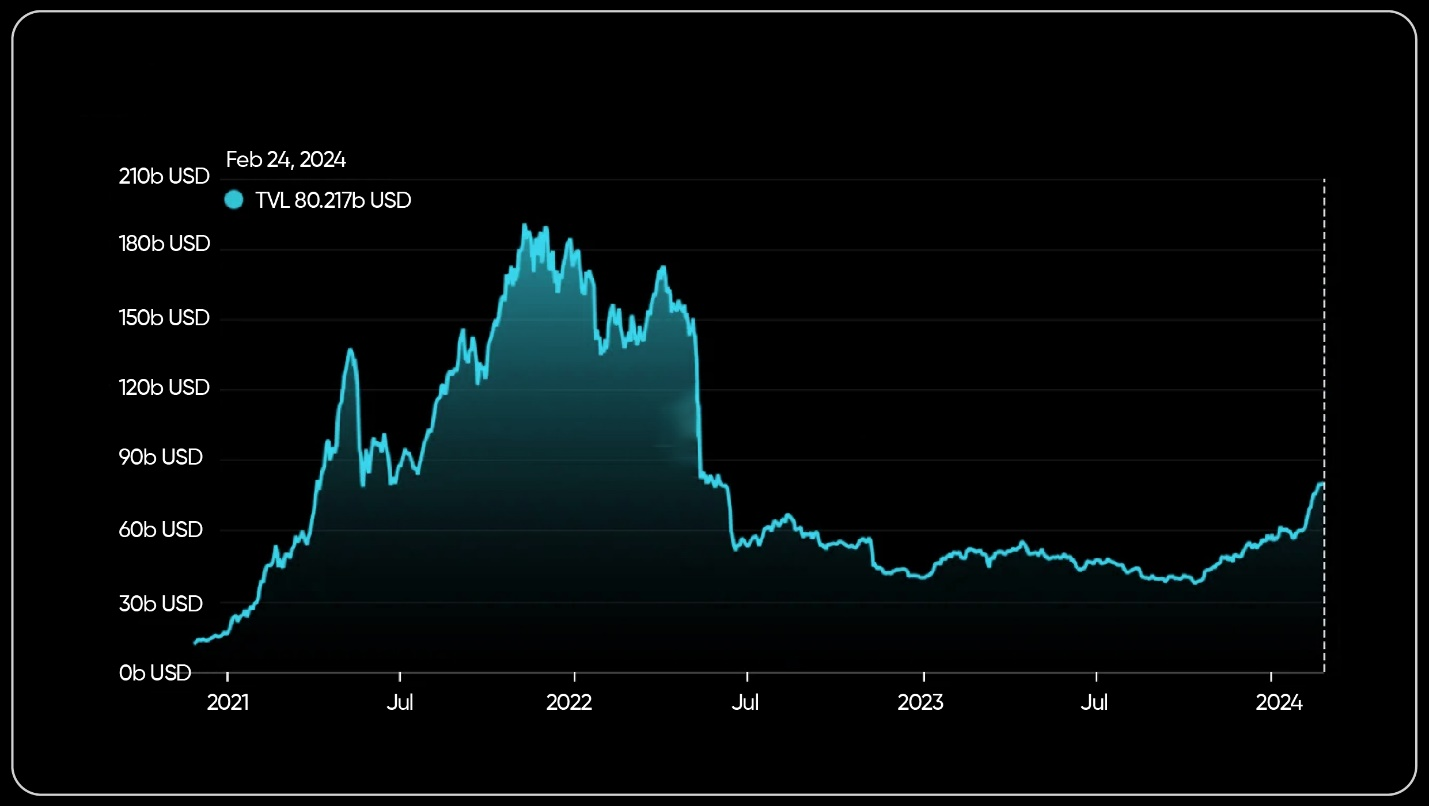In the rapidly evolving landscape of finance, Decentralized Finance (DeFi) emerges as a disruptive force, redefining traditional financial systems through blockchain technology. This blog explores the fundamental concepts of DeFi, delves into its innovative applications, and elucidates the investment opportunities it presents, all while addressing the associated risks, along with the value of having blockchain asset investment consulting.
Understanding Decentralized Finance (DeFi)
Decentralized Finance, or DeFi, refers to a decentralized financial system built on blockchain technology, aiming to democratize access to financial services and eliminate intermediaries. Traditional finance relies on centralized institutions like banks and exchanges but DeFi operates on decentralized networks, offering transparency, security, and censorship resistance.
Decentralized Finance (DeFi) operates on the principles of blockchain technology, leveraging decentralized networks to facilitate financial services without the need for traditional intermediaries like banks or brokerage firms. Here’s a breakdown of how DeFi works, along with the importance of Blockchain and digital asset consulting:
1. Decentralized Infrastructure:
DeFi applications are built on decentralized blockchain platforms such as Ethereum, Binance Smart Chain, or other blockchain networks. These platforms utilize smart contracts, which are self-executing contracts with the terms of the agreement directly written into code. Smart contracts automate the execution of transactions and agreements, eliminating the need for intermediaries and providing transparency and security.
2. Peer-to-Peer Transactions:
DeFi enables peer-to-peer (P2P) transactions, allowing users to interact directly with each other without relying on centralized intermediaries. Users retain control over their assets by holding private keys to their wallets, granting them full ownership and autonomy over their funds. This peer-to-peer nature of DeFi transactions fosters financial inclusion and empowers individuals to participate in global financial markets.
3. Access to Financial Services:
DeFi platforms offer a wide range of financial services traditionally provided by banks and other financial institutions, including lending, borrowing, trading, and earning interest on assets. These services are accessible to anyone with an internet connection and a compatible digital wallet, enabling individuals worldwide to participate in DeFi without geographic or socioeconomic barriers.
Exploring DeFi Applications
Lending and Borrowing: If clients want to lend or borrow digital assets without intermediaries, earn interest on deposited assets, or obtain loans using crypto collateral, DeFi platforms like Compound and Aave are great options. These platforms utilize smart contracts to automate lending and borrowing processes, providing greater efficiency and accessibility compared to traditional lending systems.
Decentralized Exchanges (DEXs): DEXs like Uniswap and SushiSwap facilitate peer-to-peer trading of digital assets directly from users’ wallets, eliminating the need for centralized order books and custody solutions. By leveraging liquidity pools and automated market-making algorithms, DEXs offer efficient and secure trading experiences while promoting liquidity and price discovery in the cryptocurrency market.

Yield Farming and Liquidity Mining: This involves providing liquidity to DeFi protocols for rewards, such as additional tokens or fees. Liquidity mining incentivizes users to contribute assets to decentralized platforms, thereby enhancing liquidity and driving network participation. Projects like Yearn Finance and Synthetix offer opportunities for yield optimization and asset diversification through innovative farming strategies.
Synthetic Assets and Derivatives: DeFi protocols like Synthetix enable the creation and trading of synthetic assets, which mirror the value of real-world assets like fiat currencies, commodities, and stocks. By utilizing collateralized debt positions (CDPs) and smart contracts, users can gain exposure to a diverse range of assets without direct ownership, opening up new avenues for portfolio diversification and risk management.
Risks and Considerations in DeFi
Smart Contract Risks: DeFi protocols rely on smart contracts to execute financial transactions autonomously. However, vulnerabilities in smart contract code, such as bugs or exploits, pose significant risks to users’ funds. Conducting thorough audits and due diligence before interacting with DeFi protocols is crucial to mitigate smart contract risks.
Market Volatility: The cryptocurrency market is known for its inherent volatility, which can impact the value of assets held within DeFi protocols. Price fluctuations in underlying assets or sudden market crashes may result in impermanent loss for liquidity providers or liquidation of collateralized positions, affecting users’ returns and financial stability.
Regulatory Uncertainty: DeFi operates in a rapidly evolving regulatory landscape, with authorities worldwide grappling to define its legal status and regulatory framework. Regulatory crackdowns or compliance requirements could potentially disrupt DeFi activities and limit market accessibility, posing challenges for users and developers alike. This makes having consultancy for DeFi Finance investmentsmuch more essential.
Embracing DeFi with Strategic Guidance
As the DeFi ecosystem continues to evolve, navigating its opportunities and risks requires informed decision-making and strategic guidance. Partnering with Kenson Investments provides access to seasoned professionals and tailored consultancy services, empowering investors to unlock the full potential of decentralized finance while managing associated risks effectively.

Conclusion: The Future of Finance with DeFi
Decentralized Finance represents a paradigm shift in the financial industry, offering inclusive, transparent, and permissionless access to financial services worldwide. By embracing the innovative applications of blockchain technology and navigating the complexities of the DeFi landscape with strategic guidance, investors can seize opportunities for financial empowerment and growth in the digital age.
Are you intrigued by the revolutionary potential of Decentralized Finance (DeFi) but unsure how to navigate this complex landscape? Look no further than Kenson Investments, your trusted partner in unlocking strategic opportunities in the world of blockchain-based finance and digital asset consulting firms.
As the digital asset landscape evolves, it’s crucial to stay updated on the latest trends, insights, and developments. At Kenson Investments, we provide you with detailed analyses, educational resources, and current information on cryptocurrencies and real-world assets. By joining our community, you’ll gain access to comprehensive knowledge that will help you navigate this dynamic market with confidence. Stay informed and elevate your understanding with Kenson Investments today.
Contact us now to get started.
Disclaimer: The information provided on this page is for educational and informational purposes only and should not be construed as financial advice. Crypto currency assets involve inherent risks, and past performance is not indicative of future results. Always conduct thorough research and consult with a qualified financial advisor before making investment decisions.
“The crypto currency and digital asset space is an emerging asset class that has not yet been regulated by the SEC and US Federal Government. None of the information provided by Kenson LLC should be considered as financial investment advice. Please consult your Registered Financial Advisor for guidance. Kenson LLC does not offer any products regulated by the SEC including, equities, registered securities, ETFs, stocks, bonds, or equivalents”














